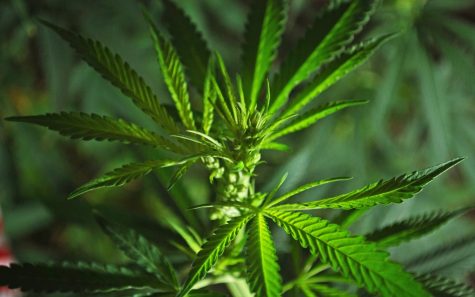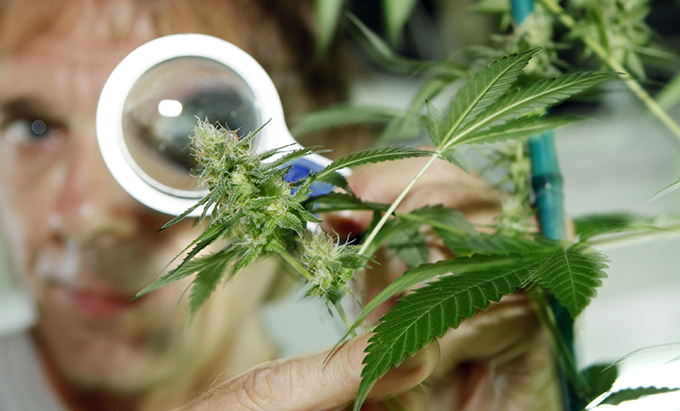Indian Science Institute declares it will conduct medical cannabis research in India
One of the main goals of IIIM’s research is to encourage cannabis farming, which is currently prohibited in India
The Indian Science Institute has revealed it will delve into research surrounding the medical benefits and uses of cannabis.
All India Institute of Medical Sciences, Memorial Centre and a hospital based in Raipur will carry out the medical cannabis research in India.
Currently, the Indian Institute of Integrative Medicine’s (IIIM) research is in its early stages. The IIIM makes up a specific segment of the Council of Scientific and Industrial Research (CSIR).
Two other departments are also said to be participating in the medical cannabis research in India: The Indian Council for Medical Research and the Department of Biotechnology.
The scientists, who belong to the Indian government, are hoping to discover the medical potential of weed as a treatment for epilepsy, sickle cell anaemia and cancer management.
Medical cannabis research in India will clear up the misconceptions about weed
 Two primary chemical components can be derived from the Cannabis sativa plant for medical purposes, a psychoactive cannabinoid called THC (tetrahydrocannabinol) and a non-psychoactive cannabinoid called CBD (cannabidiol).
Two primary chemical components can be derived from the Cannabis sativa plant for medical purposes, a psychoactive cannabinoid called THC (tetrahydrocannabinol) and a non-psychoactive cannabinoid called CBD (cannabidiol).
Interestingly, the Indian scientists will work on a new compound that contains both THC and CBD.
Director of Tata Memorial Centre, Rajendra Badwe, claims that the plant from which these cannabinoids are derived should be named a “natural product” as opposed to a drug.
Animal trials have been carried out during the infantile stages of this medical cannabis research in India. Necessary permissions have been requested by the researchers from the Drug Controller General of India.
“There is a lot of misconception about cannabis, owing mainly to its abuse because of its psychotropic component, tetrahydrocannabinol. But the two compounds are also very effective for pain relief,” said IIM director and Doctor, Ram Vishwakarma, during an interview with the Hindustan Times.
Dr. Vishwakarma stated that both components are necessary to accomplish “effective pain relief.”
Medical cannabis research in India could help lift tight restrictions
One of the main goals of IIIM’s research is to encourage cannabis farming, which is currently prohibited under India’s strict cultivation regulations. Set amounts of cannabis will be supplied by the state of Jammu and Kashmir for the research.
Based on the details of the Narcotic Drugs and Psychotropic Substances Act, 1985, cannabis, opium and coca is not permitted in India unless it is for “medical” or “scientific” purposes. Under the country’s cannabis laws, it is illegal to grow, produce, process, consume or transport cannabis in any form.
“There is a very thin line between use, misuse, and abuse of a substance and it is our responsibility to draw that line,” said the minister of state for Prime Minister’s office, Jitendra Singh, during a Delhi press conference.
Cannabis is already emerging as a powerful medicinal ingredient elsewhere on the world map. Back in June, a cannabis-derived epilepsy treatment called Epidiolex was approved by the U.S. Food and Drug Administration.











